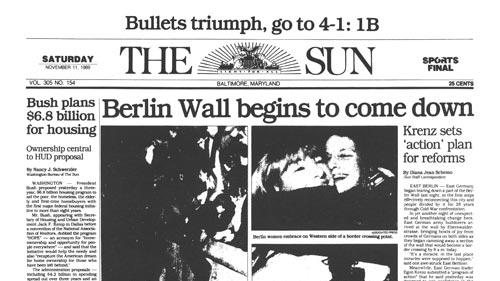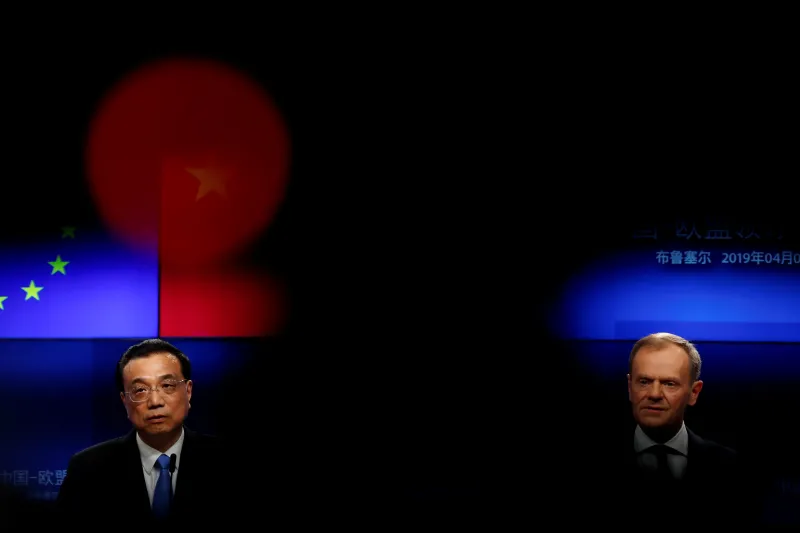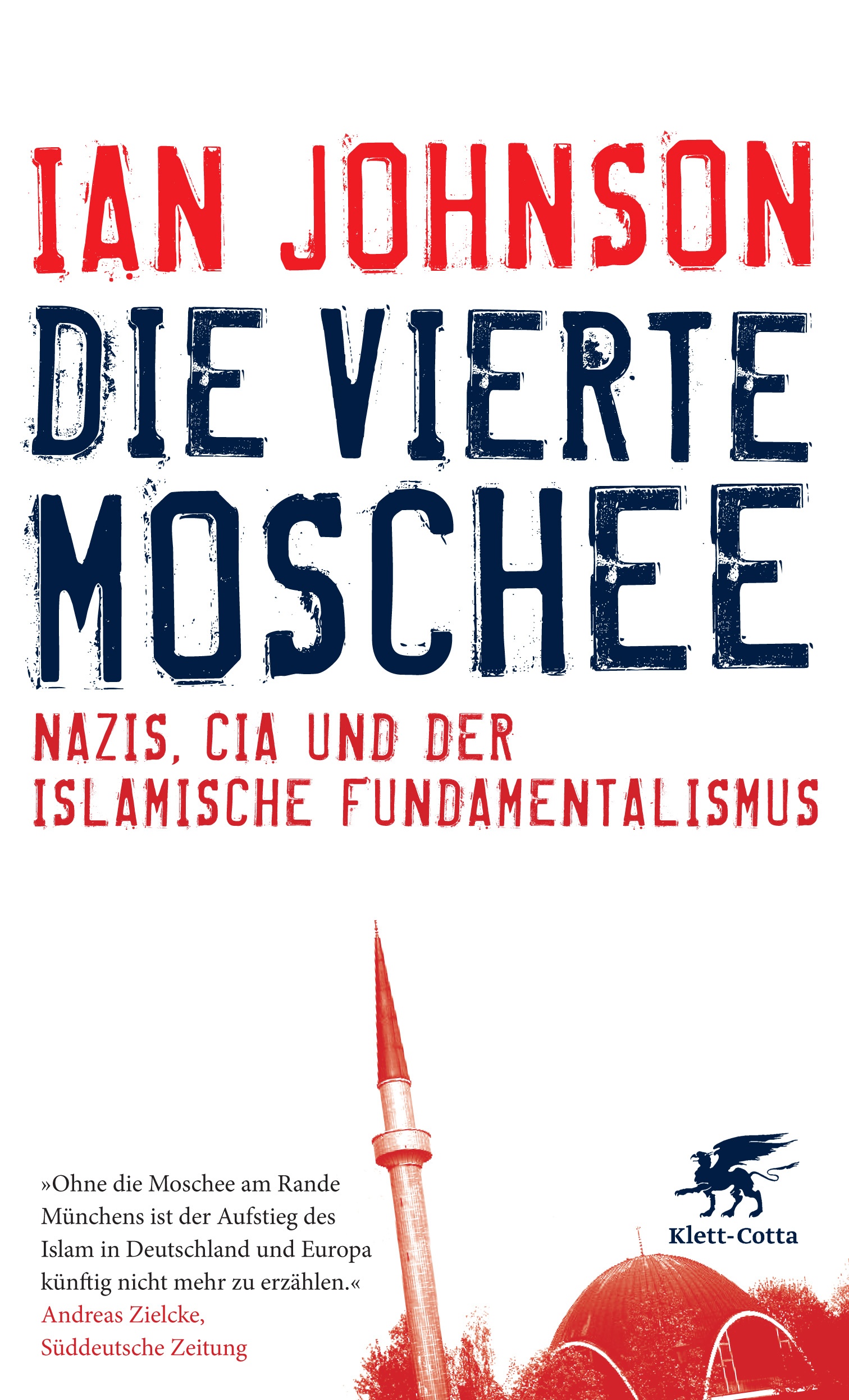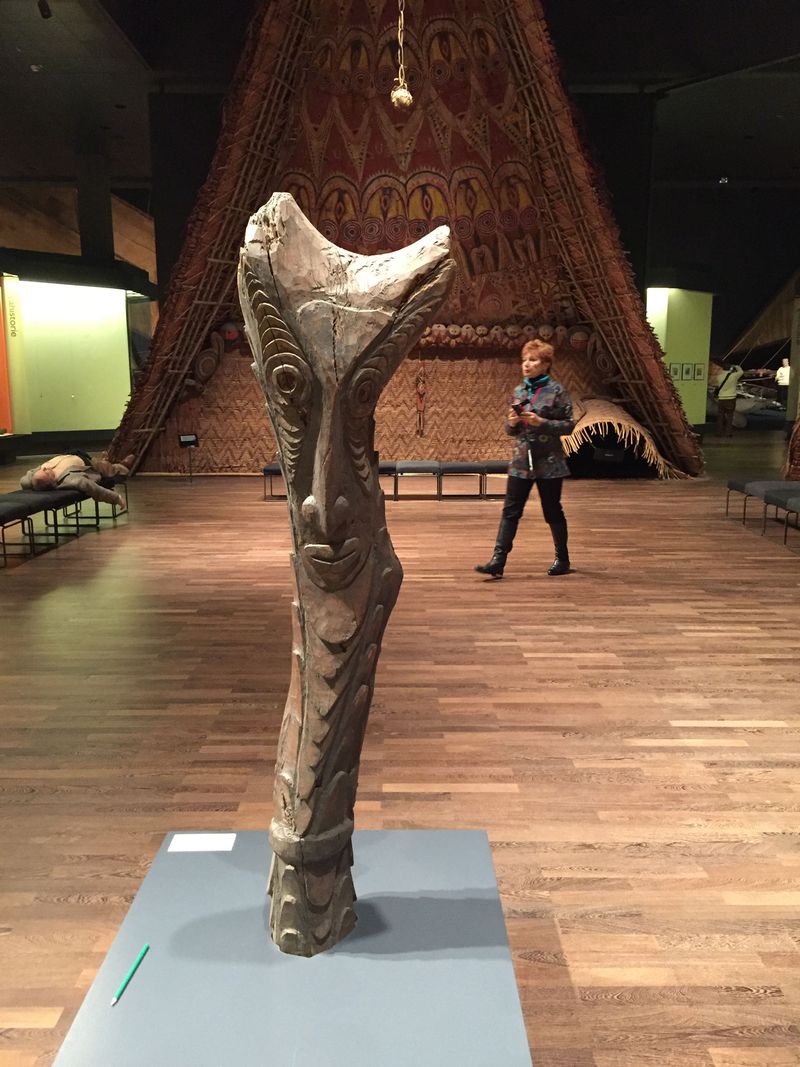
HOW LITTLE WE KNEW: BERLIN WALL AT 25
Twenty-five years ago this coming Sunday the Berlin Wall fell, the most dramatic in a series of steps that led to the reunification of Germany–and Europe.
Back then I was a fixer, translator, and free-lancer based in West Berlin, after having spent several years in the 1980s in China and Taiwan. I’d followed the crushing of the Tiananmen protests earlier that year and during the summer of 1989 believed most observers, who said East Germany would be the last country in the East Bloc to change. It was too ossified and too Stalinist to countenance the sort of liberalizations under way in Poland or Czechoslovakia. I’d watched the big protests build in Leipzig during the early autumn, but in my heart I thought that change was unlikely.
And so I was skeptical on the night of November 9, when one of my employers, Diana Jean Schemo of Baltimore’s The Sun, called me up and asked me if I’d check out reports that the Berlin Wall was opening. This was an era before cellphones and social media, so a lot of what we knew were just rumors–journalists calling each other, and repeating what they’d heard. No one was live blogging or tweeting the events at the border crossings, so you had to go and see for yourself. So I dutifully, if somewhat doubtfully, called a cab and went to the nearest border crossing at Bornholmer Street.
What I saw was something like the end of a marathon, with people lining the street on the west side of the crossing, applauding and hugging those who were straggling across from the east. It was an incredible scene but I only had a short time to take it in because I had to get back to my apartment and file something. So I told the taxi driver to wait, interviewed a dozen people, looked around in awe, and then rushed back to make the early editions of The Sun.
Those events have stuck with me over the years, mainly as a reminder against conventional wisdom. Right now, the authoritarian Chinese state seems like an unstoppable leviathan. And yet we don’t know the true fragilities of this government, or what is motivating its increasingly draconian crackdown on dissent and free speech. I’m not suggesting that it is about to collapse–compared to East Germany, China is growing fast economically, innovating, and is much more open and freer. But we also shouldn’t assume that the status quo (in this case, a one-party state trying to cloak itself in traditions and nationalism to bolster its weak ideological hand) will survive indefinitely.
This coming weekend will result in many commemorative articles. I’ll contribute to the glut myself, with a piece slated to run in The New York Times Sunday Review on the disappointing developments in Berlin over the past 25 years. (I live in Berlin and consider it my second home, so overall I’m a fan, but I think the city has suffered from incredibly parochial leadership since the Wall’s fall.) This will be a welcome chance to look back on the events of November, 1989, and assess their impact. So on the whole I’m looking forward to the avalanche.
I’m afraid, however, that the messages we get from many these retrospectives will probably be triumphalist–tbe West won, communism died (even, possibly in China, where the collapse of the Soviet Union forced a revival of Deng Xiaoping’s economic reforms, which had stalled after Tiananmen).
All of this is true, but mostly I hope we’ll be chastened that we had so little idea about what was happening in the East Bloc. We shouldn’t forget that when the Wall fell, it really was a shock–not just for a young reporter, but for most policymakers and observers. Today, we’re better connected and probably better informed, but I’m still doubtful that we really know the inner machinations of big, opaque countries like China. It makes me wonder if the events of the coming years won’t also suprise us, one way or the other.




